Non-Recourse Loan
Learn about non-recourse loans in Canadian real estate — what they are, how they protect borrowers, and when they’re used.

August 08, 2025
What is a Non-Recourse Loan?
A non-recourse loan is a type of loan where the lender’s only remedy in case of default is to seize the collateral property; the borrower is not personally liable for any deficiency.
Why Non-Recourse Loans Matter in Real Estate
In Canadian commercial real estate, non-recourse loans limit borrower liability and protect personal assets.
Key points:
- Commonly used for income-producing properties
- Lender’s recourse is limited to the collateral property
- May include 'carve-outs' for fraud or other specific events
Understanding non-recourse loans helps borrowers evaluate risk exposure.
Example of a Non-Recourse Loan in Action
The developer obtained a non-recourse loan, ensuring the lender could only claim the property if the loan defaulted.
Key Takeaways
- Limits lender’s remedies to the collateral property
- Protects borrower’s personal assets
- Often used for stabilized income properties
- May contain exceptions for bad acts by borrower
- Important consideration in financing negotiations
Related Terms
- Recourse Loan
- Mortgage Qualification
- Loan-to-Value Ratio (LTV)
- Debt Coverage Ratio (DCR)
- Capitalization Rate
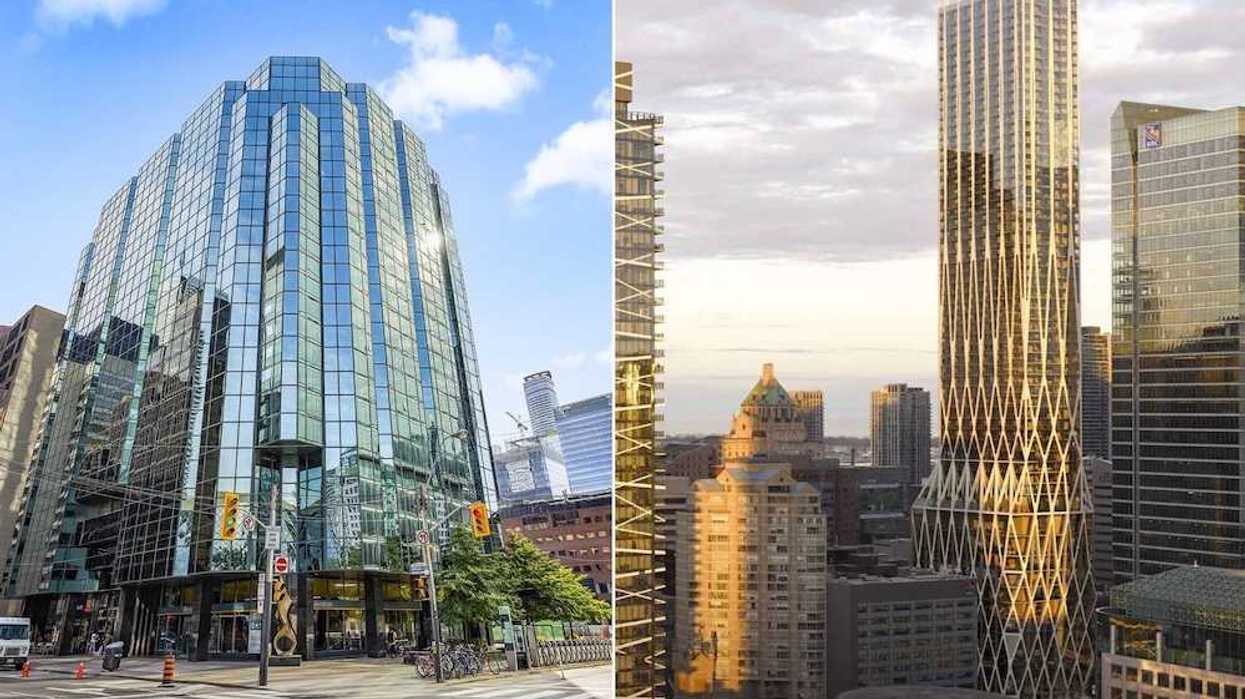
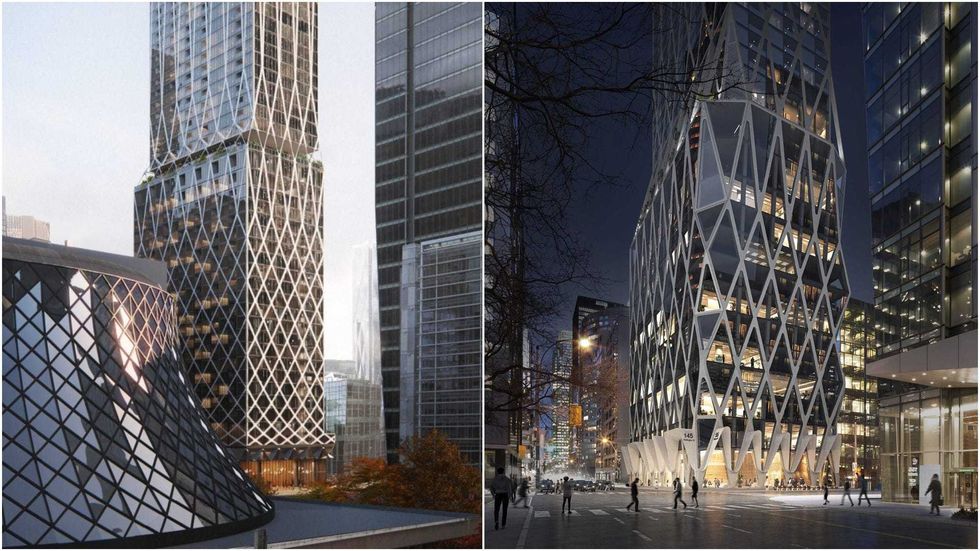 Renderings of the 65-storey tower previously proposed for 145 Wellington Street West. (Partisans with Turner Fleischer / SKYGRiD)
Renderings of the 65-storey tower previously proposed for 145 Wellington Street West. (Partisans with Turner Fleischer / SKYGRiD)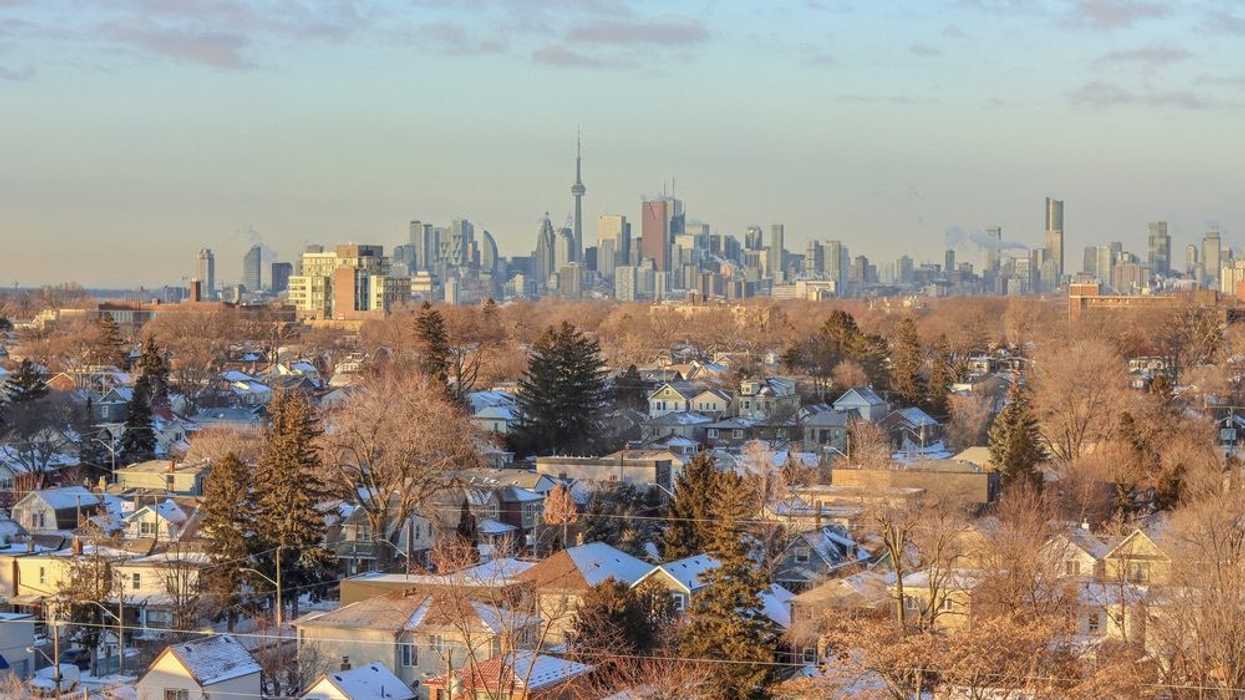
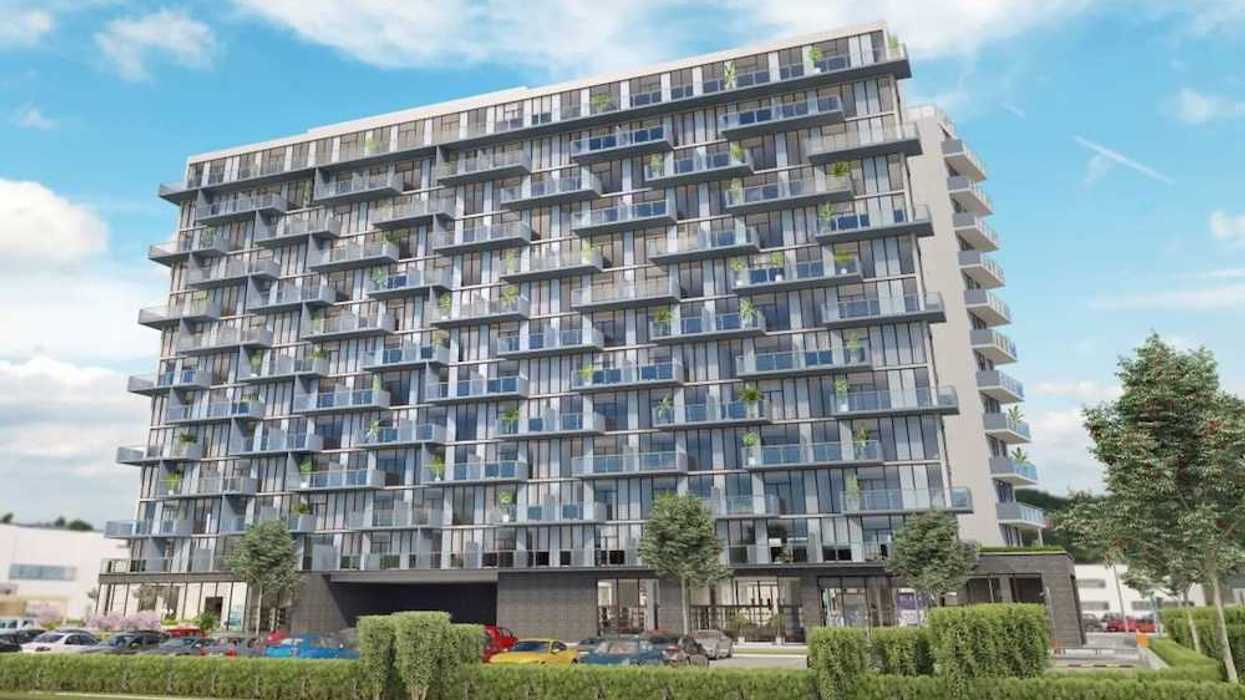
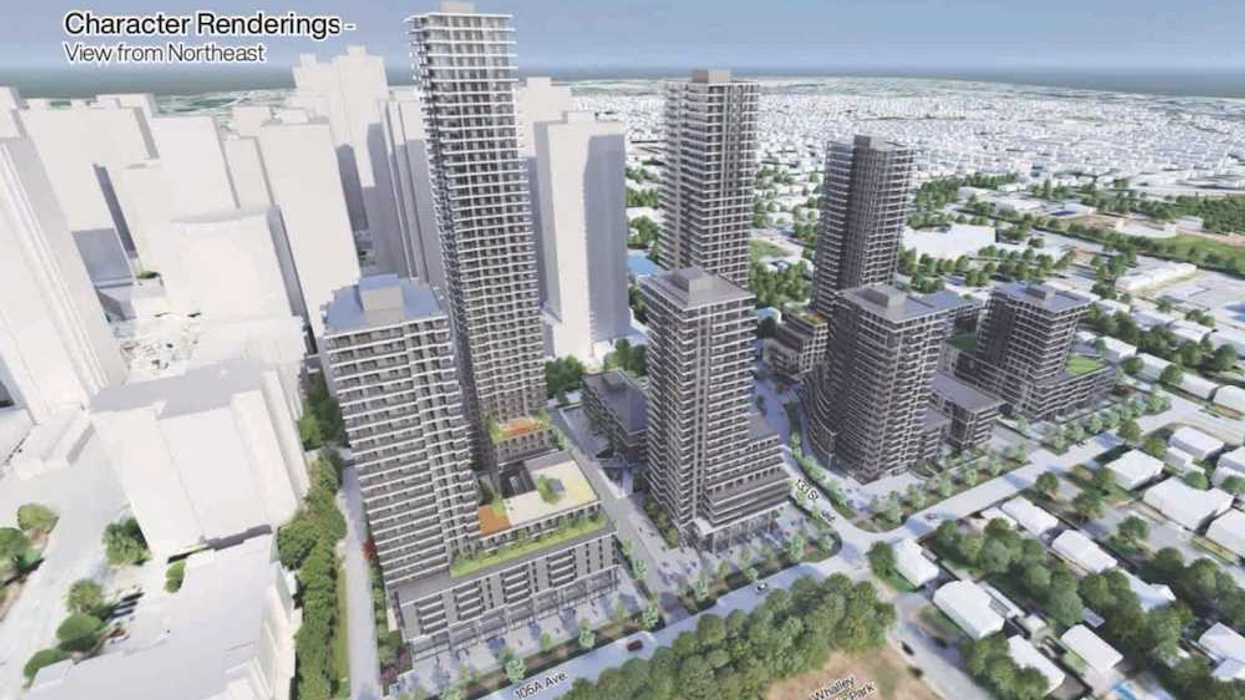
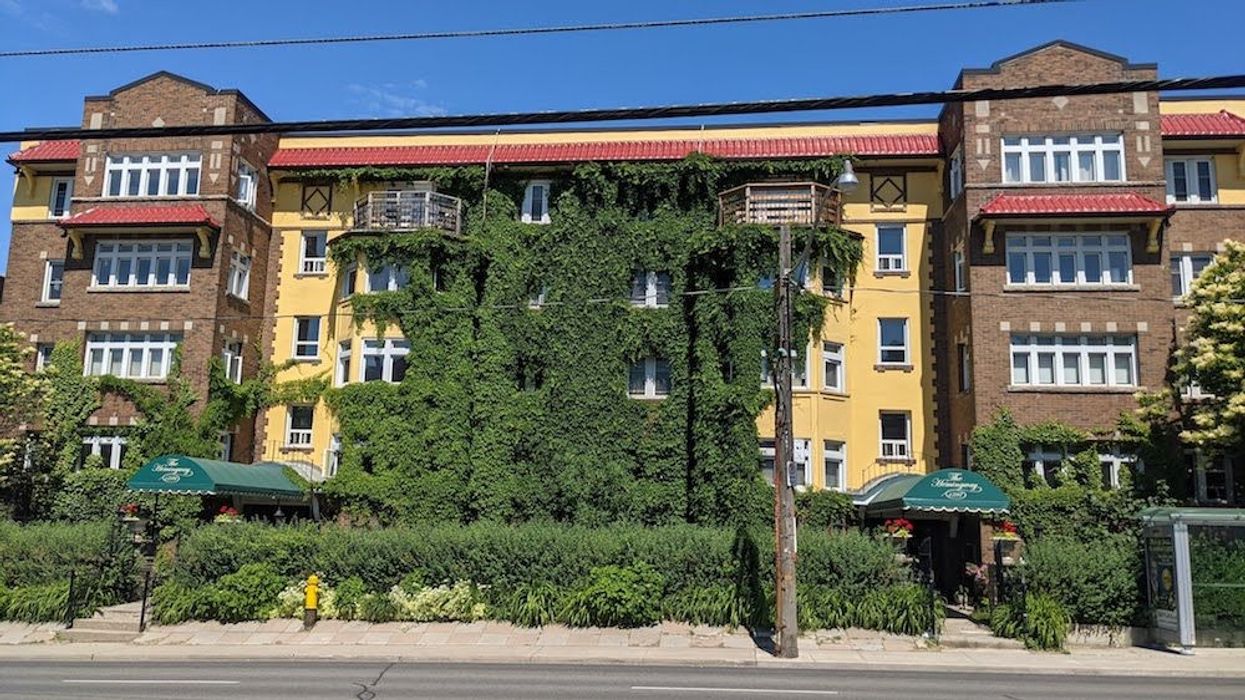

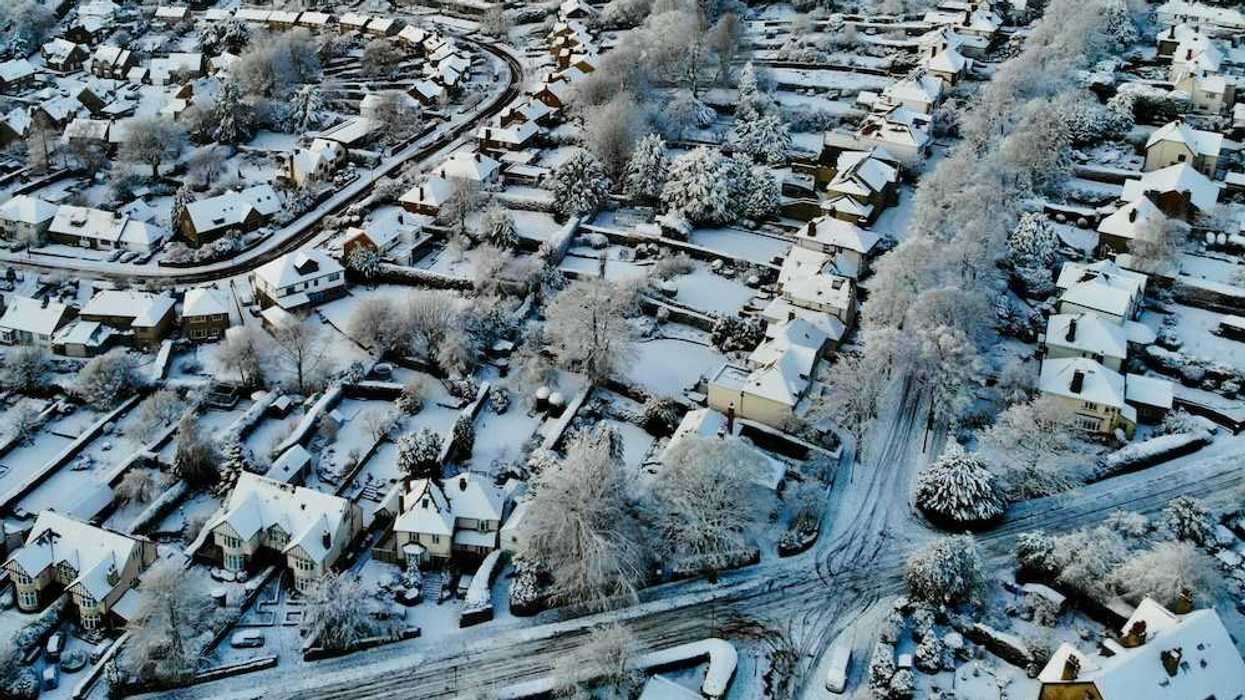

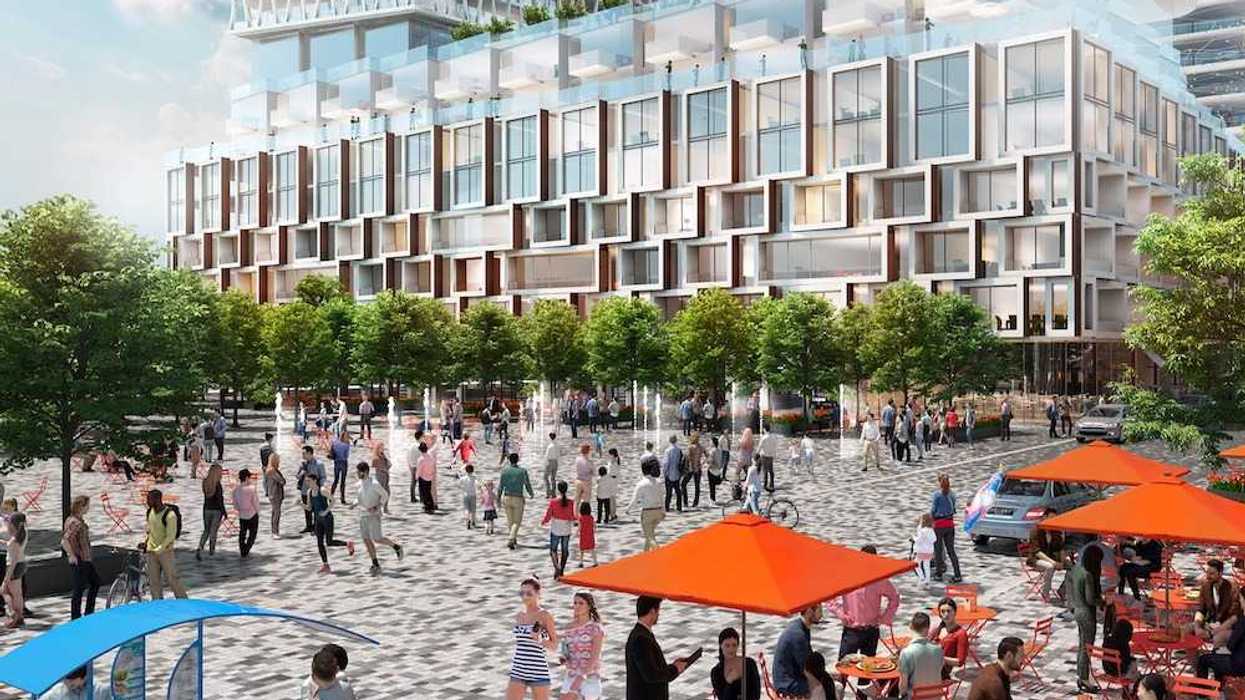
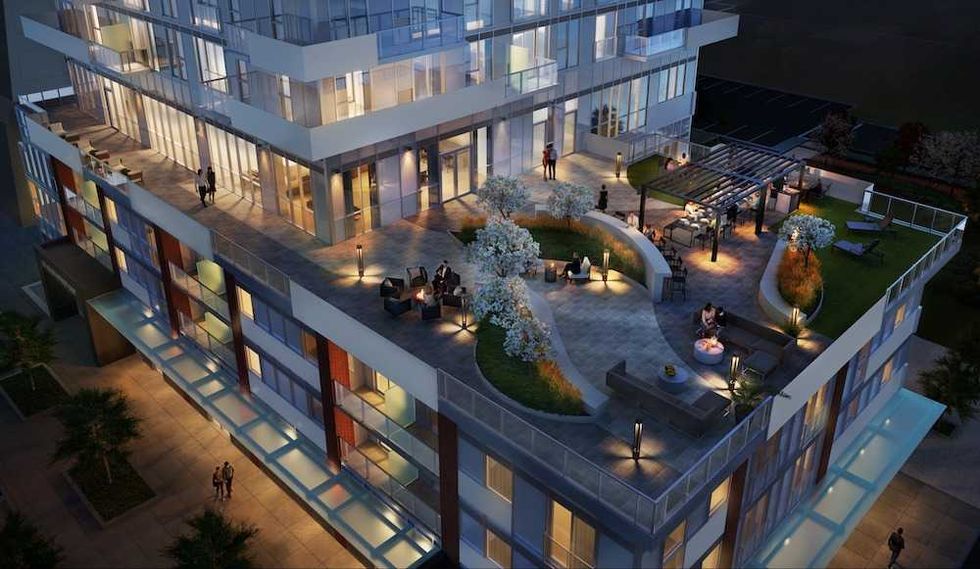 205 Queen Street, Brampton/Hazelview
205 Queen Street, Brampton/Hazelview
 Christine Boyle and Gregor Robertson. (Government of British Columbia)
Christine Boyle and Gregor Robertson. (Government of British Columbia)

 CREA
CREA
 Liam Gill is a lawyer and tech entrepreneur who consults with Torontonians looking to convert under-densified properties. (More Neighbours Toronto)
Liam Gill is a lawyer and tech entrepreneur who consults with Torontonians looking to convert under-densified properties. (More Neighbours Toronto)